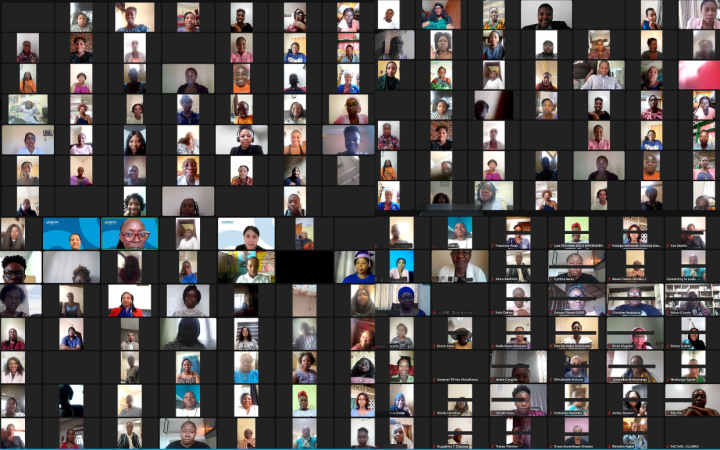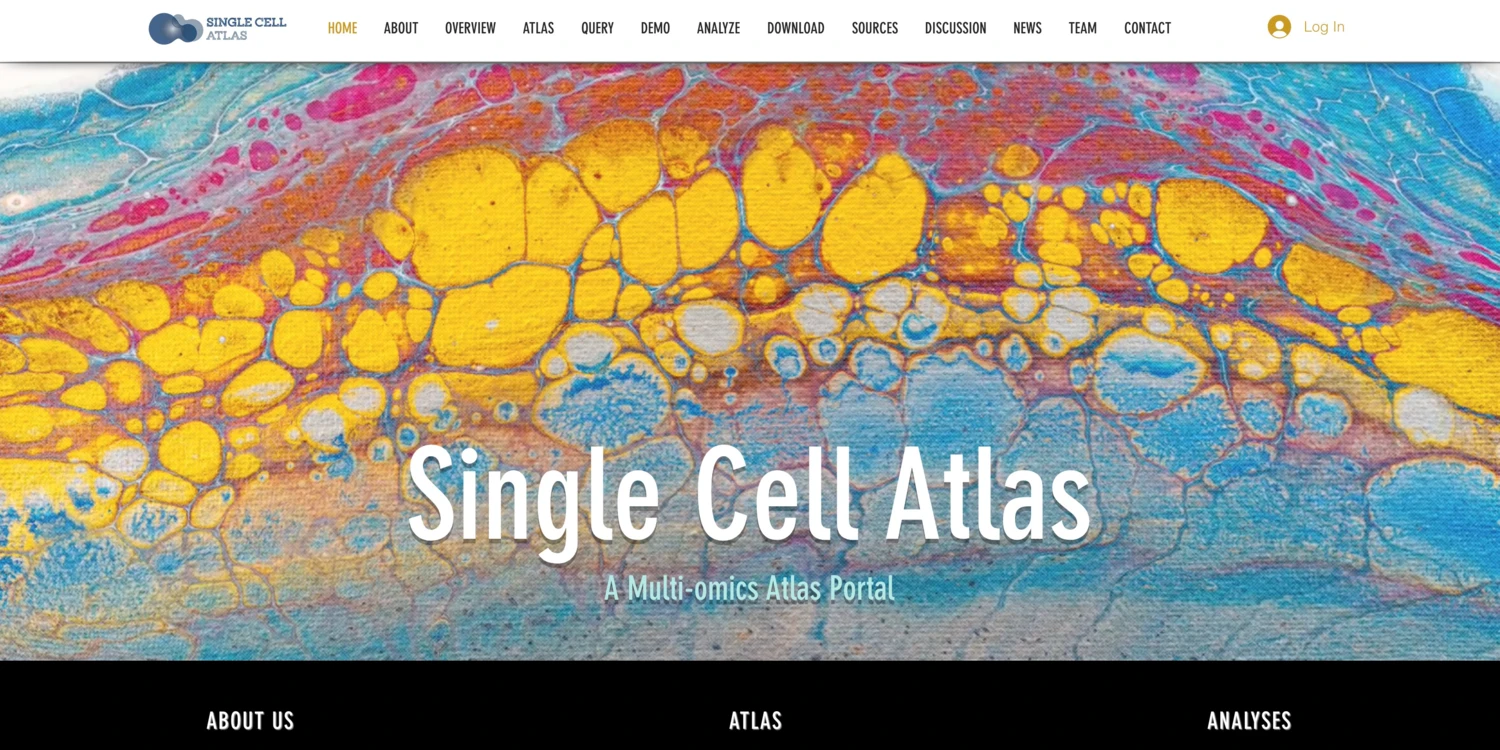The Australian Federal Police is airing some of the dirty money laundering tactics seen in 2021 and warning that the sustained blitz on organised crime and professional money launderers will continue next year.
Over the past 12 months, the AFP has successfully investigated a variety of schemes designed to hide the ill-gotten gains of crime from authorities. During 2021, the AFP laid 96 money laundering charges under the Commonwealth Criminal Code.
These include individuals dumping tens-of-thousands of dollars into ATM terminals at nighttime to facilitate cryptocurrency exchanges. This was done in an alleged attempt to transfer cash into a separate bank account before quickly transferring it offshore after the cryptocurrency conversion.
Earlier this month two Malaysian nationals were charged, allegedly employing this tactic, following an AFP-led investigation which resulted in the seizure of $350,000 in cash.
The AFP has laid charges which include dealing in money or property alleged to be the proceeds of crime, ranging from $1000 to multi-million dollar schemes.
If convicted of the more serious offences, individuals face a potential maximum sentence of life imprisonment.
The AFP are investigating money laundering activity across the length and breadth of Australia through dedicated teams, as well as taskforce arrangements with partner agencies and collaboration with international law enforcement.
AFP detectives identified alleged links between the Comanchero Outlaw Motorcycle Gang and a money laundering organisation that was allegedly laundering millions of dollars of proceeds of crime to Dubai.
Operation Ghibli – derived from Operation Ironside – looked into the alleged laundering of millions of dollars to the Middle East on behalf of Outlaw Motor Cycle Gangs based in Australia and offshore.
The investigation resulted in multiple search warrants being executed in Fairfield, NSW in May 2021. Police seized more than $850,000 in cash and arrested two men with alleged links to a Middle Eastern organised crime syndicate. The men were charged with dealing in proceeds of crime and are currently before the courts.
Complementing the AFP’s money laundering investigations is the work of the AFP-led Criminal Assets Confiscation Taskforce (CACT), whose mandate is to deprive offenders of the proceeds and benefits of their crimes, and to punish and deter them from breaching the law.
In the past two and a half years, the value of assets restrained by the CACT reached almost $490 million.
AFP Assistant Commissioner Kirsty Schofield said these figures demonstrate the lucrative nature of the organised criminal environment.
“Money laundering is both an enabler and objective of Transnational Serious and Organised Crime (TSOC),” she said.
“Targeting this crime type provides the AFP with a unique opportunity to disrupt TSOC groups by seizing their profits and hindering their ability to fund future criminal enterprises. It is also vital in order to hammer home the message – we will not only catch you – we’ll hit you where it hurts most – your pocket.”
“As we see in our investigations, criminals will latch onto any opportunity to hide their illicit profits,”.
“We work tirelessly to disrupt and deter attempts to profit from crime but let me make it incredibly clear – we are also looking at anyone here in Australia who knowingly assists in money laundering activity. You could face serious personal and career consequences if found to be involved.”
“Serious money laundering offences now carry a penalty of life imprisonment, which follows new legislative reforms introduced this year.”
Money laundering explained
- Money laundering is a key enabler of transnational serious and organised crime (TSOC). Money laundering networks help drug traffickers and other organised crime groups to access the profits from their Australian crimes by moving the proceeds offshore while attempting to avoid detection by law enforcement and regulatory agencies.
- Within Australia, the AFP in partnership with our state and territory law enforcement agencies and other Commonwealth agencies, is seizing cash and assets and prosecuting individuals for dealing in the proceeds of crime.
- The AFP also works closely with foreign law enforcement partners to prosecute and disrupt offshore controllers of TSOC money laundering networks.
- Money laundering networks may use daigous (personal shoppers), registered and unregistered money remitters, casinos, money mules, Hawala (offsetting) and seemingly legitimate businesses to launder their ill-gotten gains.
- It is estimated that professional MLOs launder many millions of dollars each year on behalf of organised crime groups in Australia.








